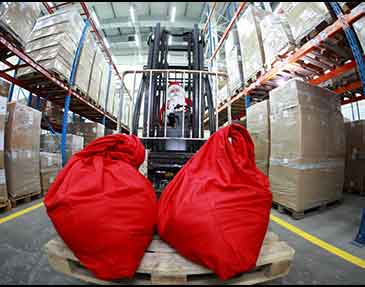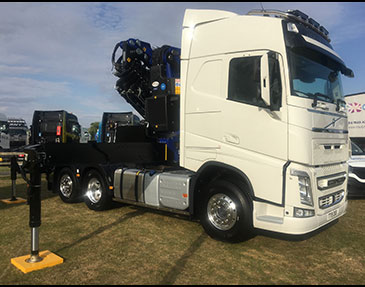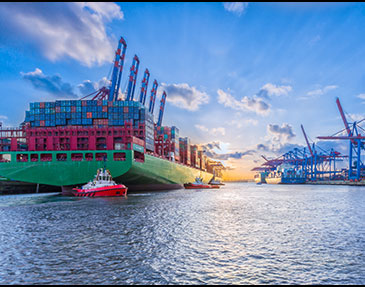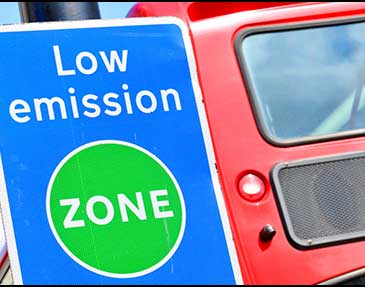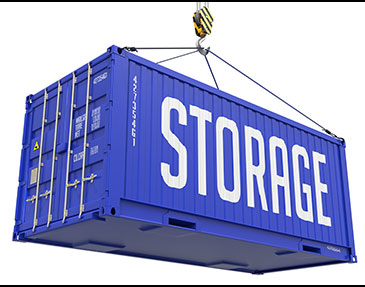A useful service for both small businesses and families
The festive season is coming up and that means that small businesses will have additional stock to find room for.
Did you know that our self-storage facilities are accessible to you 24 hours a day, 365 days a year?
You can access your stock whenever you need to so you can fill up shop shelves as they empty without keeping all your seasonal stock on the premises.
Of course, there are limitations on what you can store for safety reasons. So you can’t store the following:
Food and perishable goods unless they are securely packed. We don’t want to attract the interest of rodents or bugs!
Birds, fish, animals and any other living creature.
Combustible or Flammable materials such as gas, paint, petrol, oil or cleaning solvents and compressed gases.
Christmas gift storage can also be a headache for families if you want your presents to be a surprise and you live in a small home. If it is something that needs to be assembled, where are you going to find the space to do it?
This is also the time of year when older children return home from college or university complete with all their clutter!
There is a simple solution,.
Why not rent a storage unit for a short time to take care of all these problems. Call us to find out more.

